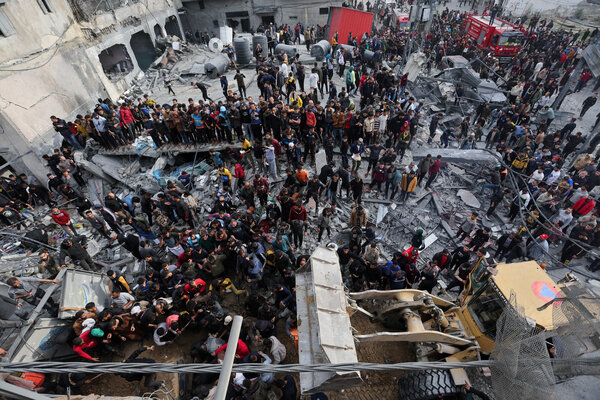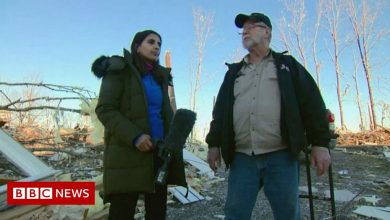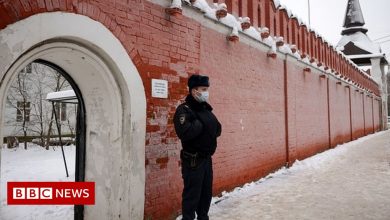Israel Uncovers New Evidence About Hostage Deaths in Gaza: Live Updates

Israel’s decision to send thousands more troops to southern Gaza signals a determination to finish its campaign, despite pressure from the United States to modify its tactics to slow the rate of civilian casualties, experts said on Wednesday.
Announcing the deployment of a brigade to the city of Khan Younis in southern Gaza, Israeli military spokesman Rear Adm. Daniel Hagari said late Tuesday that Israel was “deepening” its operations in an effort to defeat Hamas.
His comment suggested to experts that no imminent softening of Israel’s approach should be read into an announcement by Defense Minister Yoav Gallant on Monday that, as Hamas’s fighting ability degrades, Israel could “transition gradually to the next phase” of its operation.
The military will likely not gain control of southern Gaza until the end of January at the earliest, according to Yaakov Amidror, a retired major general who served as national security adviser to Prime Minister Benjamin Netanyahu in an earlier government.
Israeli forces have not gained full control of northern Gaza after invading on Oct. 27. Mr. Amidror said that the operation in the south would likely take longer, given the number of civilians, the presence of hostages and the fact that Hamas had effectively been corralled in that part of the territory.
If Israel’s military were to gain full control of Gaza, it would launch a second phase of the operation to prevent Hamas or a similar group from regaining control or attacking Israel, he said. That second phase could last all of next year, he added.
Senior U.S. officials who visited Israel in recent days were made aware both of the imperative of the operation and its likely duration, said Mr. Amidror, who received briefings on the security situation.
He said he didn’t think Israel was responding to pressure by Washington to bring the operation to a halt or modify its tactics.
“It’s more a dialogue,” Mr. Amidror said. “They want to express their point of view.”
About 20,000 people have died in Gaza since Oct. 7 when Hamas attacked Israel, according to Gaza health officials. The United Nations has warned of a catastrophic situation for civilians, nearly 90 percent of whom have been displaced from their homes.
The destruction appears also to have made it more complicated for Israel’s allies to offer unconditional support for the war, given a shift in voter sentiment since the military campaign began. A New York Times/Siena College poll this week showed that U.S. voters have broadly disapproved of President Biden’s stance on the conflict.
Secretary of State Antony J. Blinken said on Wednesday that the United States wants to see “a shift to more targeted operations, with a smaller number of forces that’s really focused in on dealing with the leadership, Hamas’s tunnel network and a few other critical things.”
“The last couple of months have been gut-wrenching,” he said, which is why the U.S. is “doing everything possible to minimize the harm to those who are caught in the crossfire.”
The question remains about how much the timing and scope of Israel’s military campaign will be affected by the views of its key backers.
Many Israelis argue that even the country’s supporters can fail to fully grasp how the defeat of Hamas is an imperative following the attack on Oct. 7, in which 1,200 people were killed in Israel and about 240 others were taken hostage.
Mr. Netanyahu is also under pressure in Israel to secure the release of more of the hostages. A pause in the fighting, as happened for a week starting in November, could be a mechanism to achieve that.
Sending more troops to southern Gaza in advance of a possible truce makes it more likely that Israel can secure its military goals and also achieve the possible elimination of Hamas’s top leadership, said Ahron Bregman, a senior teaching fellow at King’s College London who specializes in the Arab-Israeli conflict and a former Israeli military officer.
That would allow Mr. Netanyahu to argue to a domestic electorate that the campaign had been a success, even if the pace of operations slows in the coming weeks.
“To do that, you need more boots on the ground,” Mr. Bregman said. “Time is short. They are in a hurry.”
Michael Crowley contributed reporting.




